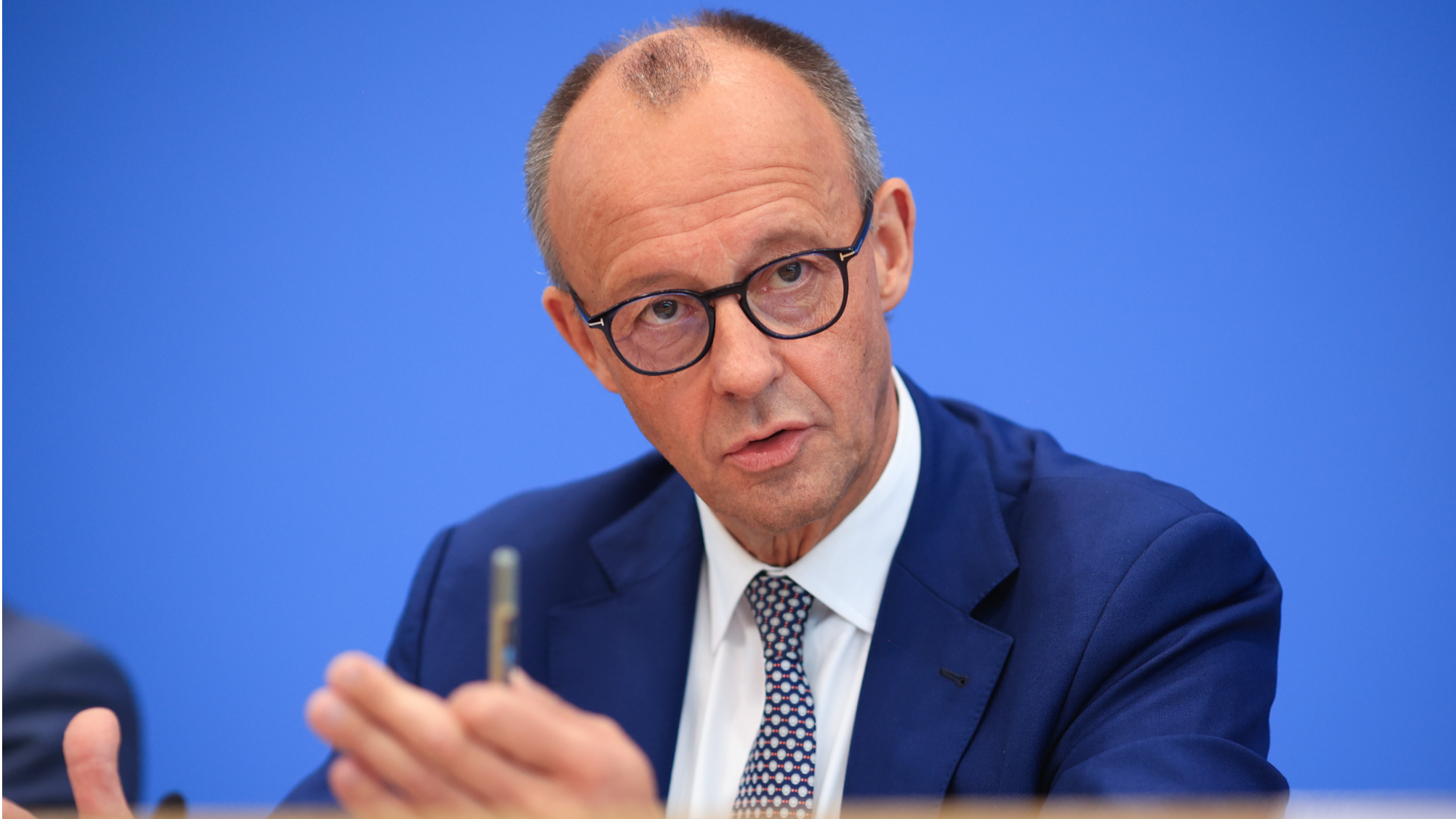
Germany’s far-right party tripled support in municipal elections in the industrial state of North Rhine-Westphalia, intensifying pressure on Chancellor Friedrich Merz’s government to revive growth and push through reforms.
In the country’s most-populous state, the anti-immigration Alternative for Germany party, or AfD, increased its share of the vote by 9.4 percentage points to 14.5 percent and narrowly missed winning the mayor’s race in the industrial city of Gelsenkirchen, according to preliminary results compiled by Infratest dimap for public broadcaster WDR on Sunday.
In the first electoral test for the new government, Merz’s Christian Democrats remained the strongest force in the state, while falling 1 point to 33.3 percent. The co-ruling Social Democrats, which once counted the industry-heavy state as a stronghold, declined 2.2 points to 22.1 percent.
“I see with great concern the results of the Social Democrats in North Rhine-Westphalia, that’s the beating heart of our democracy,” Olaf Lies, an SPD member and premier of the neighboring state of Lower Saxony, told broadcaster ARD.
He criticized campaign topics like migration, which unsettled voters and distracted from policy proposals to support working families. “We have not emphasized enough that it’s about the center” of society, Lies said.
Merz, who hails from North Rhine-Westphalia, has promised a “fall of reforms” after bickering over policy and personnel in recent months. The coalition’s agenda includes divisive welfare changes and implementing a €500 billion ($590 billion) infrastructure fund to bolster the sputtering economy.
READ MORE: German spy agency labels far-right AfD as 'extremist'
The election shows how the AfD’s influence can spread to Germany’s industrial heartland, where fears about job security are mounting. The result builds on the party’s position in the former communist east, where it’s roughly twice as popular.
“We’ve cemented our support,” said Enxhi Seli-Zacharias, an AfD state legislator.
North Rhine-Westphalia has 18 million inhabitants — comparable to the Netherlands — and is home to major industrial cities such as Duisburg, Dortmund and Essen. Germany’s Rust Belt has been destabilized by technological change and the closing of coal mines.
Tariffs imposed by US President Donald Trump — whose administration has voiced support for the AfD — have added to the headwinds facing Europe’s largest economy.
“This result must give us pause for thought and cannot allow us to rest easy,” said Hendrik Wuest, North Rhine-Westphalia’s Christian Democratic premier.


